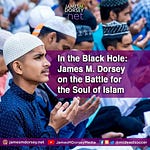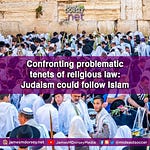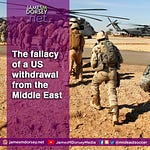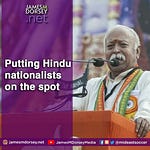The 2022 Qatar World Cup has come and gone. Most fans will remember the exhilarating matches and the dramatic final. They will recall the emergence of Morocco as the tournament’s darling. For some, the politics will stick in their mind: expressions of support for the Palestinians, struggles over support for LGBTQ rights, and the unprecedented more than a decade-long campaign by human rights groups and trade unions to improve the working and living conditions of migrant workers. The tournament may be history but the often-fierce debate about Qatar is not. To be sure, the debate has moved on. It focusses on lessons learnt from a country that at least when it came to workers rights was willing to engage. Those lessons are particularly relevant with countries like Saudi Arabia set to host a slew of tournaments over the next decade and bidding for many more. The bids include an effort, together with Egypt and Greece, to win the hosting rights for the 2030 World Cup. Saudi Arabia and Egypt, two of the world’s worst violators of human rights, are, in contrast to Qatar, unlikely to recognise their critics, let alone engage with them. Gulf states’ forays into sports are not limited to hosting. They involve the acquisition of high-profile clubs like Manchester City, Paris St. Germain, and Newcastle United, and now perhaps even Manchester United as well as celebrity players like Neymar and Ronaldo. The forays also involve attempts to control whole sport discipline with Saudi Arabia’s creation of an alternative golf tournament and effort to Saudi to set up world's richest cricket competition while Qatar has invested in the International Padel Federation to create new global tour. The Qatari World Cup experience may well embolden the kingdom in maintaining a hard line. Criticism of Qatar was relentless in the 12-year walkup to the 2022 World Cup. Yet, the Gulf emerged from the successful hosting of the tournament with its reputation enhanced rather than tarnished. Similarly, perceptions of the debate about Qatar that was as much about legitimate rights issues as it was skewed by prejudice, bias, sour grapes, and a Western-centric focus, is likely to reinforce Saudi reluctance to engage. To discuss these issues, I am joined today by Karim Zidan, an acclaimed Egyptian Canadian journalist, short story writer, and translator.
The Qatar World Cup Has Come And Gone, But The Debate Continues.
Apr 26, 2023
The Turbulent World with James M. Dorsey
Dr. James M. Dorsey is a senior fellow at the S. Rajaratnam School of International Studies, co-director of the University of Würzburg’s Institute for Fan Culture, and co-host of the New Books in Middle Eastern Studies podcast. James is the author of The Turbulent World of Middle East Soccer blog, a book with the same title as well as Comparative Political Transitions between Southeast Asia and the Middle East and North Africa, co-authored with Dr. Teresita Cruz-Del Rosario and Shifting Sands, Essays on Sports and Politics in the Middle East and North Africa.
Dr. James M. Dorsey is a senior fellow at the S. Rajaratnam School of International Studies, co-director of the University of Würzburg’s Institute for Fan Culture, and co-host of the New Books in Middle Eastern Studies podcast. James is the author of The Turbulent World of Middle East Soccer blog, a book with the same title as well as Comparative Political Transitions between Southeast Asia and the Middle East and North Africa, co-authored with Dr. Teresita Cruz-Del Rosario and Shifting Sands, Essays on Sports and Politics in the Middle East and North Africa.Listen on
Substack App
RSS Feed
Recent Episodes











Share this post